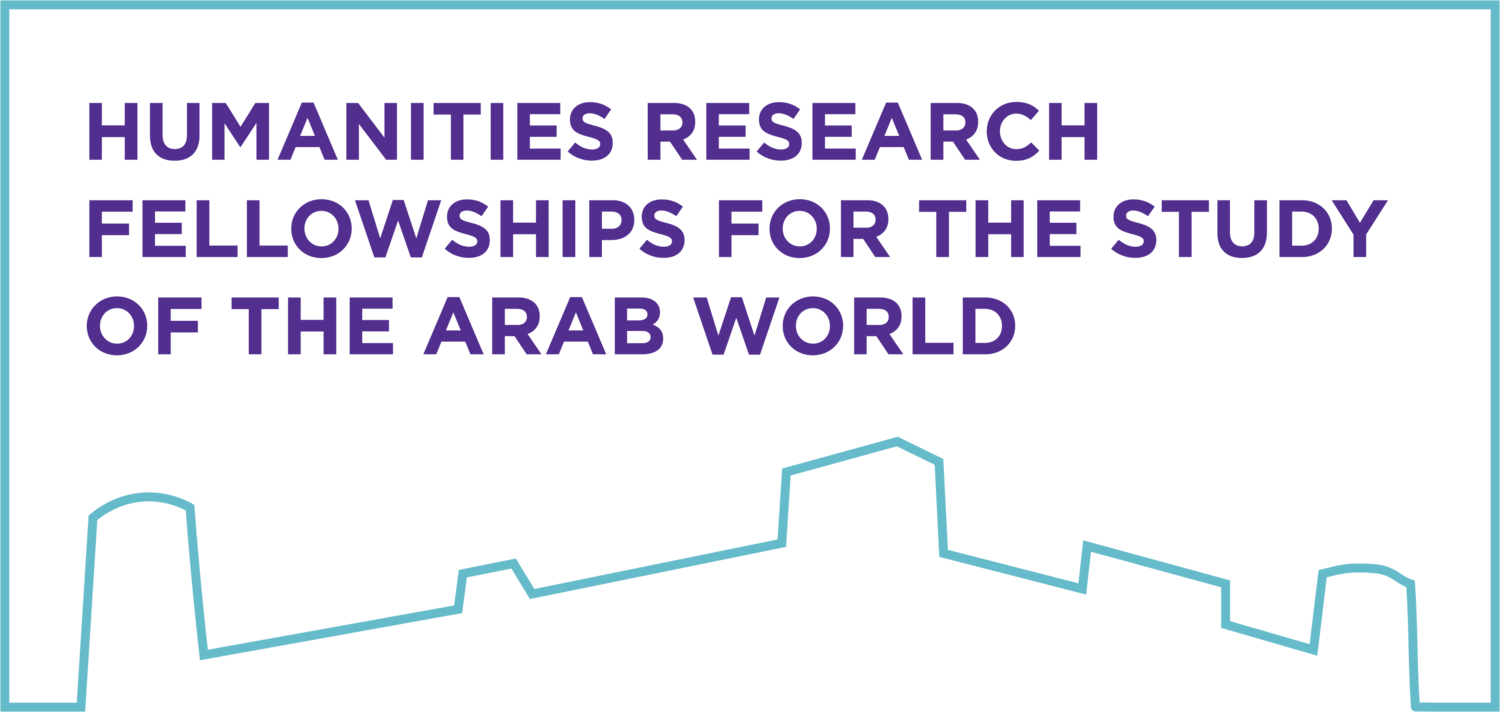The Humanities Research Fellowship for the Study of the Arab World program, in collaboration with the Division of Arts and Humanities and the Center for Faculty Advancement, cordially invites you to our annual publication workshop scheduled on November 5, 2024. Our speakers this year will be Niels Hooper (Executive Editor at University of California Press) and Marissa Mika (Developmental Editor).
Hooper will discuss the business of publishing and marketing books today, including changes in the publishing landscape that particularly impact Middle East Studies. This sets the stage for a productive workshop about new challenges and opportunities that face scholars today. In this environment, what are publishers looking for? How can you think about your work in ways that will attract publishers and produce the strongest book? And how can you best work with a publisher to make an impact in your fields and hopefully beyond them? We will demystify the publishing process and explore ways books work to establish your authoritative voice and amplify your work.
Most academics in the humanities and social sciences are expected to produce a book with the goal of finding a job or keeping a job. Despite these expectations, the norms and practices of the academic publishing industry can be quite opaque for early career scholars. Nor is the long road from transforming a dissertation into a scholarly book particularly well sign posted. Mika will discuss the life cycle of a scholarly book and how to navigate the academic publishing process. We'll also have a chance to look at some of the core features that differentiate a dissertation from a book. Lastly, we'll discuss what exactly it is that Developmental Editors do and how they might be helpful to you as both an intellectual thought partner and a pragmatic colleague and guide in the book writing process.
In Person (NYUAD Campus) and on Zoom
The workshop is open to the NYUAD community and by invitation. Registration has closed.
Individual Consultations
Niels Hooper and Marissa Mika will also be available for individual consultations in person on November 4-6 at NYU Abu Dhabi. To register for a consultation with Niels and/or Marissa please sign up below. Slots will be assigned on a “first come, first served” basis.
Consultations with Niels | 30 min - submit book proposal by Oct 18
In one-on-one consultations, Niels Hooper will offer feedback on framing your book project and making your book proposal as effective as possible. He will discuss sharpening your argument, thinking about audience, establishing your platform, and approaching a publisher. He can also answer specific questions about the publishing process, timelines, next steps, and publishing opportunities.
To submit a book proposal directly to Niels for review, please email nyuad.humanities.fellowships@nyu.edu by October 18, 2024.
Niels Hooper is Executive Editor at University of California Press where he acquires books in Modern U.S. History, Middle East Studies, and World History. Prior to joining the Press twenty years ago, he was General Manager of Verso Books in New York. Some recent highlights from his Middle East Studies list include On Barak's Heat, A History: Lessons from the Middle East for a Warming Planet, Saree Makdisi's Tolerance is a Wasteland: Palestine and the Culture of Denial, Lisa Hajjar's The War in Court: Inside the Long Fight Against Torture, Mark LeVine's We'll Play Till We Die: Journeys across a Decade of Revolutionary Music in the Muslim World, and Lucia Carminati's Seeking Bread and Fortune in Port Said. Many of his World History books also cover the Middle East in a global context, including recently Nathaniel Mathews' Zanzibar was a Country: Exile and Citizenship between East Africa and the Gulf and Gunja Sengupta and Awam Amkpa's Sojourners, Sultans and Slaves: America and the Indian Ocean in the Age of Abolition and Empire. He is interested in acquiring more books on the Arab Gulf and recently published Rana AlMutawa's Everyday Life in the Spectacular City: Making Home in Dubai.
Consultations with Marissa | 45 min - no book proposal in advance
(c) Danielle Leong Photography
Marissa Mika will be happy to meet with colleagues for 45 minutes each, either for an informal conversation about academic publishing, or to address a key issue they are facing in a work in progress.
If you would like to discuss a work-in-progress with Marissa, please email it to nyuad.humanities.fellowships@nyu.edu by October 28, 2024.
Dr. Marissa Mika is a writer and editor living in Berkeley, California where she runs The Editorial Practice. As a Developmental Editor, she works with (scholarly) authors to transform their brilliant research into big, beautiful, bold, books. As a Writing Coach, she works with authors to remove obstacles, ignite the passion, and get it done. As a scholar who blends history and ethnography in her own writing and research, she is interested in how to bring interdisciplinary work to life on the page. She particularly enjoys working with early career scholars who are making the challenging but exhilarating transition from dissertation to first book. Subject area specialties include the history and anthropology of science, medicine, and technology, critical global health, and African history.
Before taking an early retirement from academia in 2020, Dr. Mika was the founding director of the medical humanities program at the University of Global Health Equity in Rwanda. Between 2016 and 2018, she held a Wellcome Trust Postdoctoral Fellowship on Chronic Disease in Africa at University College London. Trained as a historian and anthropologist of medicine, science, and technology in Africa, she has a PhD from the University of Pennsylvania in the History and Sociology of Science and a MHS in International Health from Johns Hopkins. She is the author of Africanizing Oncology: Creativity, Crisis, and Cancer in Uganda, which was a finalist for both the ASA Best Book Prize and the Bethwell A. Ogot Award for Best Book in East African Studies in 2022.


